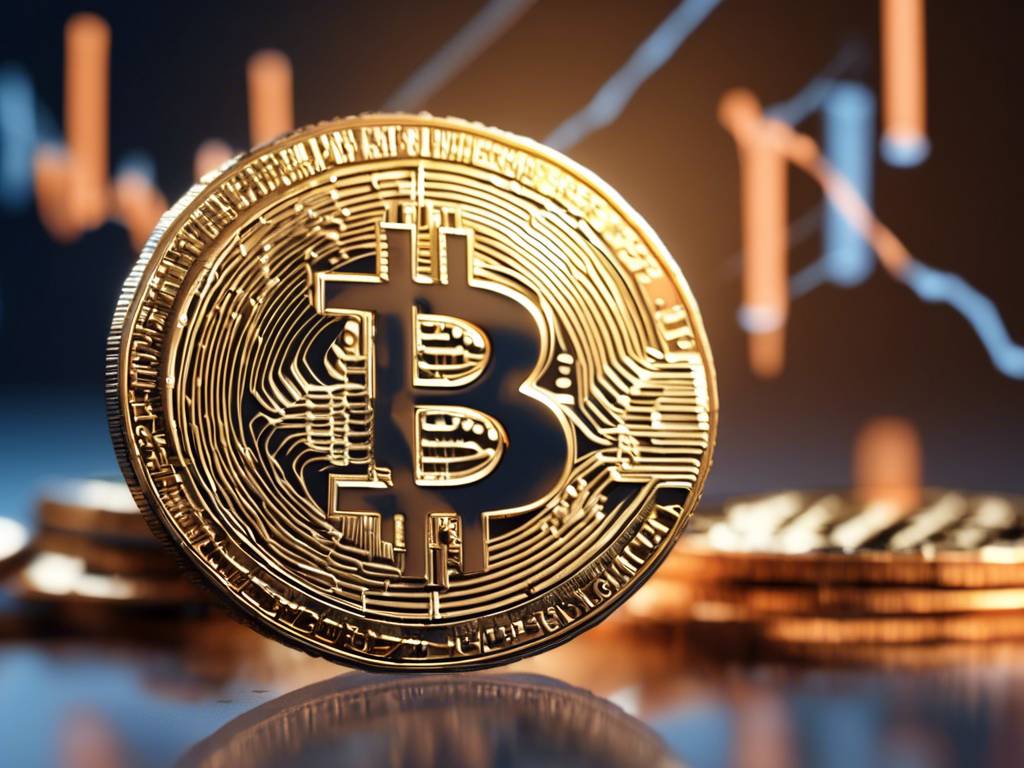Binance Faces Regulatory Scrutiny in Nigeria
The cryptocurrency exchange Binance is currently under intense regulatory scrutiny in Nigeria, with authorities leveling new accusations against the platform. Despite Binance’s efforts to engage in regulatory dialogues and find common ground, allegations have emerged linking the platform to the devaluation of the Nigerian currency, the naira. This development raises questions about the future of crypto operations in the country and highlights the challenges faced by digital asset platforms operating in evolving regulatory environments.
Nigeria’s Complex Relationship with Cryptocurrencies
Nigeria, as Africa’s largest economy, has had a tumultuous relationship with cryptocurrencies. Following a directive from the Central Bank of Nigeria in 2021 that prohibited financial institutions from facilitating crypto transactions, concerns over financial stability and illicit use were raised. Despite the ban, interest in digital assets remained strong among Nigerians, who continued to use them for remittances and as a hedge against inflation and currency devaluation.
Binance’s Efforts in Regulatory Dialogue
As a leading global cryptocurrency exchange, Binance has been instrumental in providing Nigerian users access to digital assets. The platform’s robust features, such as P2P trading, gained popularity after restrictions were placed on bank-related crypto transactions by the Central Bank of Nigeria. In response to regulatory challenges, Binance has actively engaged local authorities in dialogue to ensure compliance with laws and regulations, seeking to find a balance that allows for crypto participation while addressing policymakers’ concerns.
Allegations and Potential Implications for Binance
The recent accusations against Binance represent a significant escalation in the standoff with Nigerian regulators, with authorities claiming the platform played a role in devaluing the naira. The implications of these accusations could lead to harsh regulatory actions against Binance, potentially resulting in restrictions or bans on crypto activities in the country. Such outcomes could have a negative impact on crypto adoption and innovation in Nigeria, hindering the development of a crucial sector for financial inclusion and economic diversification.
As the situation unfolds, Binance has yet to issue a formal response to the charges, but its history of compliance and dialogue suggests a willingness to address concerns through negotiation. The global crypto community is closely monitoring developments in Nigeria, as regulatory decisions in the country could influence approaches taken in other emerging markets.
Looking Ahead
The scrutiny facing Binance in Nigeria underscores the challenges of integrating cryptocurrencies into traditional financial systems. As regulators navigate the evolving landscape of digital assets, exchanges like Binance will continue to shape the future of finance in emerging economies. The outcome of this case may set a precedent for how innovation and regulation coexist in the digital age.
Hot Take: The Future of Binance in Nigeria
Binance is under heightened scrutiny in Nigeria, with allegations of contributing to the naira’s devaluation, challenging the crypto exchange’s regulatory dialogues.





 By
By
 By
By
 By
By
 By
By

 By
By